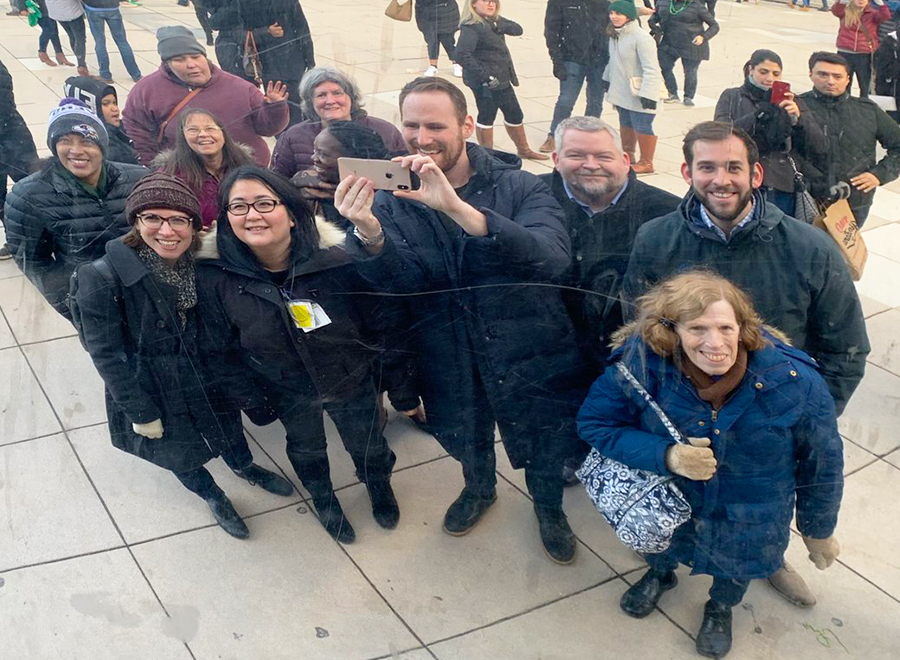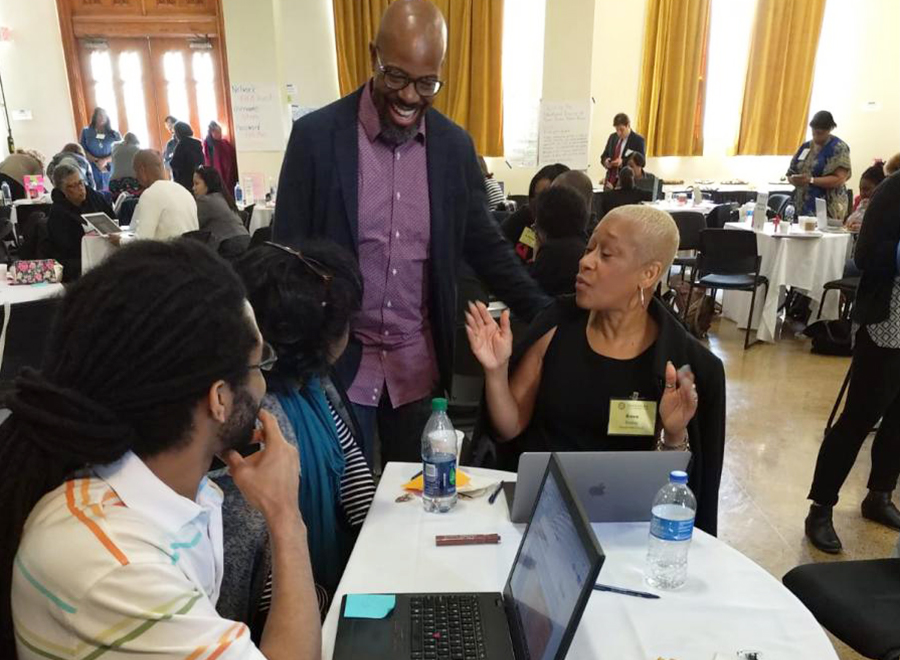
Why More Diverse Educators Also Need a Seat at the Decision-Making Table
Our equity work cannot be done in isolation. Is the equity work done in classroom spaces important? It’s absolutely essential. Is equity work done in school buildings valuable? Truly.
However, all individuals doing the work as it relates to equity, anti-racism, and social justice in schools must also remain mindful of the bigger picture. The depth and power of small victories are great. I’ve been blessed to have many of those small victories during my educational career.
Yet, those who are involved in equity work must still keep in sight the broad view and “stubborn needle” that needs to be moved systemically in our schools. We must support and encourage those willing to step forward or become those champions ourselves. We must remain mindful to attempt to move the very stubborn needle systemically for there to be wide-spread, lasting change.
Aside from our equity work in actual school buildings, in order to change and disrupt an inequitable system, we must also have change agents in positions of power and with seats at decision making tables.
While most powerful positions in education have been and continue to be occupied by white men, in conjunction with our in school equity efforts we must have more people of color and women move into those chairs at decision making tables and be provided decision-making power. We must push each other or get into the often closed door rooms ourselves with those in power and passionately share our experiences and commitment to equity, opportunity, and access for marginalized groups in K-12 education.
When we begin to access the top of the educational hierarchy, we can actually better facilitate and generate systemic and lasting change that truly begins to serve underserved and under-supported schools and student groups. We also can leverage these new positions to empower and provide increased access for many others. This allows us to open more doors and add more chairs so that all voices, perspectives, and our most marginalized populations can be truly seen and heard.
Recently, I have been positioning myself to be even more strategic with my choices, attempting to make my way to decision making tables, and engaging in meaningful conversations with those with power in computer science (CS) and science, technology, engineering, and math (STEM.)
In mid-March, I worked alongside seven other educators from across the country on the collaborative International Society for Technology in Education (ISTE) and Computer Science Teachers Association (CSTA) effort to rewrite the CS educators standards. We spent the weekend in Chicago laying the groundwork to ensure that the next educator standards address equity directly in CS and are accessible and inclusive for non or new CS teachers. We also wanted to provide room for growth for experienced CS educators.
The work we accomplished in Chicago and the work we continue to do throughout the remainder of the year prior to the standards final reveal in December will help. I can’t wait to share them with you.

I recently also had the pleasure of attending the Third Annual Smithsonian STEM Summit sponsored by Shell. I served as a mentor for the CS4GA team which included stakeholders from the Georgia Department of Education, Atlanta Public Schools, and Fulton County Schools, whose aim was to improve upon the massive shortage of qualified CS teachers of color in Georgia. Their goal and problem statement both aligned perfectly with two of our goals at Constellations; intentionally addressing issues of race and class that directly affect student achievement in computing and addressing the limitations of the national teacher corps through innovative solutions.

It was wonderful to facilitate and contribute to the development of a logic model for improving the number of Black, Latinx, and women teachers in CS in Georgia for the next five years. Our group will continue working and meeting on a regular basis over the next 18 months to complete specific tasks to ultimately fulfill the goals of diversifying the CS educator pool and helping to build educators’ CS capacity in the state of Georgia.
I am humbled and grateful for these two most recent opportunities as well as my selection earlier this year as a Georgia Tech Diversity and Inclusion Fellow. Although the work I do daily at my schools is moving the needle one student and lesson at a time, strategically navigating and proceeding into decision making and power spaces are just as important for this work if we want systemic, long-lasting change in the arena of democratizing computer science and STEM for all.



